Posted on 9/30/2023
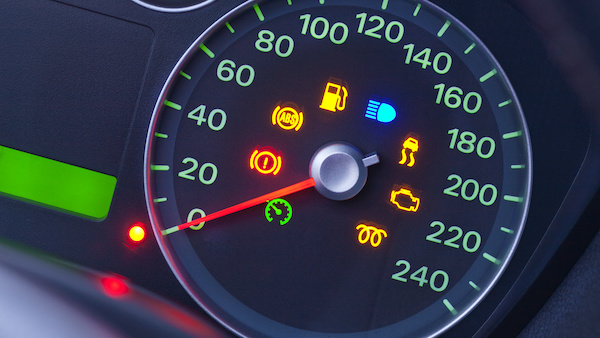
Your Audi is a precision-engineered marvel, but like any complex machine, it occasionally needs to communicate with you. Those signals often come in the form of warning lights or messages on your dashboard. Understanding these warnings is crucial for maintaining your Audi's performance and safety. Keep reading to learn more about these warning lights: 1. Check Engine Light (CEL) The check engine light is perhaps the most familiar warning light for any car owner. In Audis, it typically indicates a problem with the engine, emissions, or transmission. While it can signify anything from a loose gas cap to a serious engine issue, it's essential not to ignore it. Have your Audi's diagnostic system scanned to pinpoint the exact problem. 2. Oil Pressure Warning This warning light, resembling an old-fashioned oil can, tells you that your Audi's engine oil pressure has dropped to a dangerous level. Low ... read more
Posted on 8/31/2023
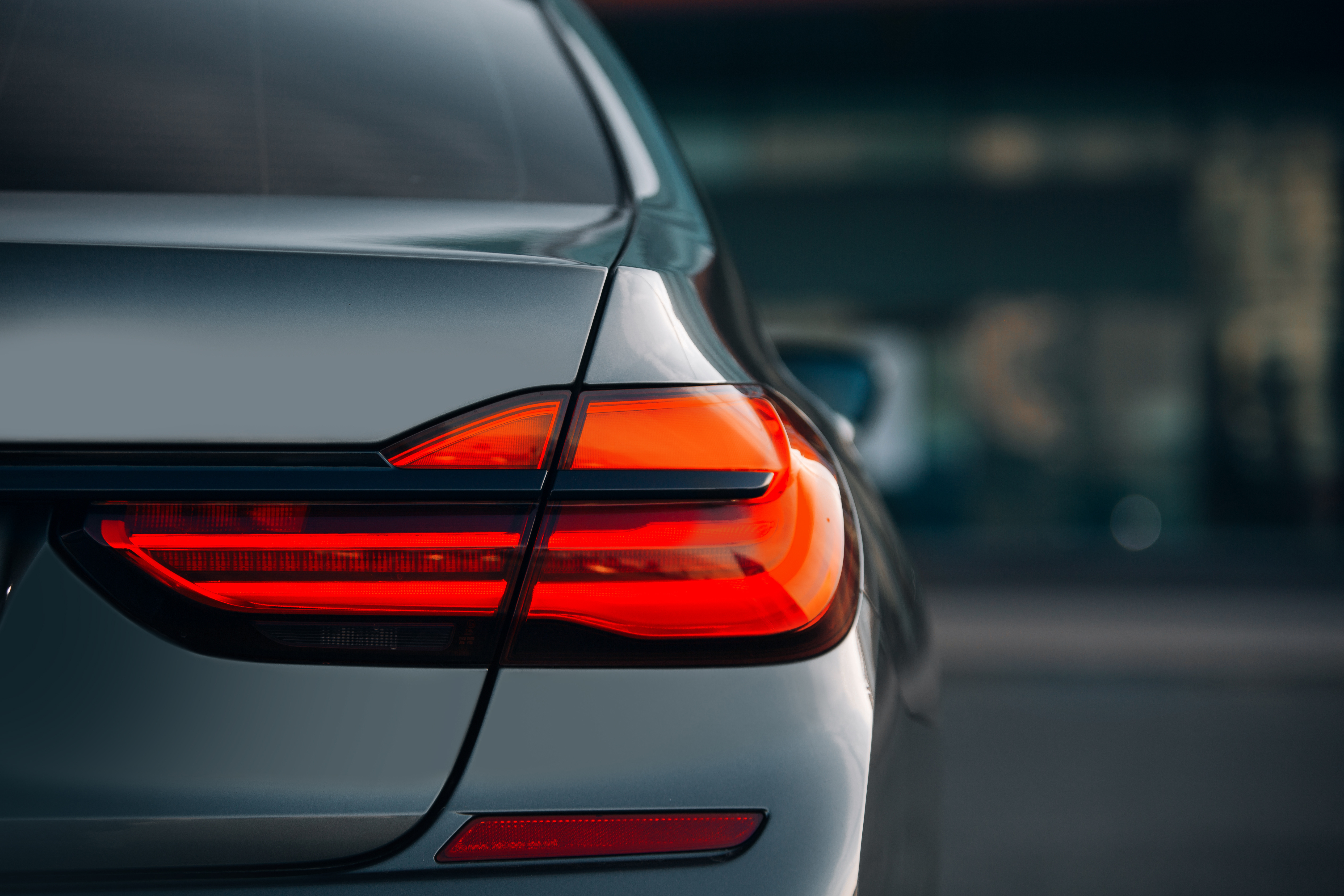
When it comes to luxury and performance in the realm of SUVs, few names stand as tall as BMW. Among their impressive lineup, the BMW X5 xDrive45e emerges as a standout contender, redefining the standards of what an SUV can be. With its seamless blend of luxury, cutting-edge technology, and exhilarating driving dynamics, the BMW X5 xDrive45e raises the bar and establishes itself as the best BMW SUV on the market. Performance Under the hood of the BMW X5 xDrive45e lies a powerful and efficient hybrid powertrain that combines a 3.0-liter BMW TwinPower Turbo inline 6-cylinder engine with an electric motor. This intelligent pairing produces a remarkable 389 horsepower and 443 lb-ft of torque, ensuring swift acceleration and effortless highway cruising. The integration of BMW's xDrive all-wheel drive system ensures optimal traction and stability in various driving conditions. What's the MPG Rating?-If you are here for the rating, here it ... read more
Posted on 7/30/2023

Owning a Porsche is a dream come true for many automotive enthusiasts. To ensure your prized possession retains its exceptional performance and stunning elegance for years to come, proper maintenance is key. Lucky for you, this will be today's topic. Here is everything you need to know for your Porsche: Routine Maintenance To keep your Porsche running smoothly, it's crucial for you to follow the manufacturer's recommended maintenance schedule, as outlined in your owner's manual. Regular servicing, including oil changes, fluid checks, and filter replacements, ensures optimal performance and longevity. Monitoring and maintaining essential fluid levels, such as engine oil, coolant, brake fluid, and power steering fluid, is equally important to keep your Porsche's systems running smoothly. Additionally, pay attention to tire maintenance by regularly monitoring tire pressure and tread depth. Rotate your tires every 5,000 to 7,500 miles to promot ... read more
Posted on 6/30/2023
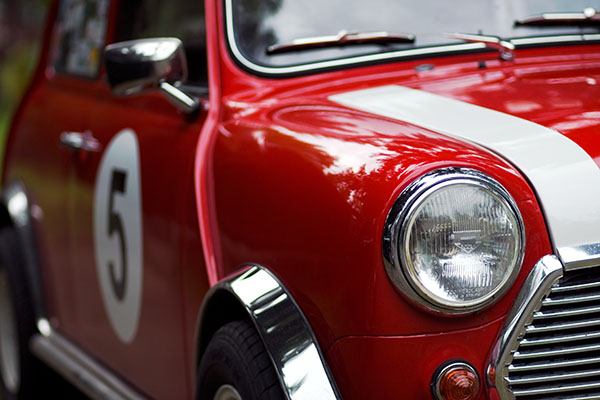
The Mini Cooper is an automotive icon that has captured the hearts of enthusiasts and casual drivers alike for over six decades. With its distinctive design, agile handling, and a reputation for fun, the Mini Cooper has become synonymous with British automotive excellence. In this blog, we delve into the fascinating history of the Mini Cooper, tracing its roots from its humble beginnings to its status as a beloved and timeless classic. Birth of an Icon The Mini Cooper was born out of necessity in the late 1950s. The British Motor Corporation (BMC) tasked automotive designer Sir Alec Issigonis with creating a fuel-efficient, compact car that could address the rising fuel costs and space constraints of post-war Britain. The result was the original Mini, introduced in 1959. Its innovative front-wheel-drive layout, transverse engine, and compact dimensions revolutionized the automotive industry. The Mini Cooper's reputation for performance and agility was solidified ... read more
Posted on 5/31/2023
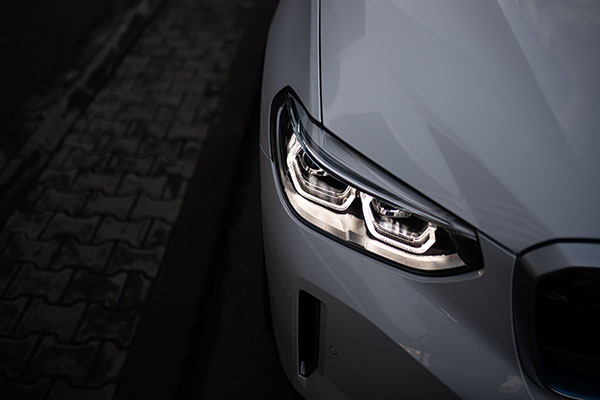
BMW has a unique naming convention for its models, which can sometimes be confusing for those unfamiliar with the brand. The combination of letters and numbers may seem random, but there is actually a method to BMW's naming. In this blog post, we will provide a simple explanation of how BMW models are named, helping you understand the meaning behind those alphanumeric combinations. Series BMW models are divided into different series, each representing a specific segment or category of vehicles. The series starts at 1 and ends at 8. The number in the series name represents the relative size and positioning of the vehicle within the BMW lineup. Generally, the higher the number, the larger and more luxurious the vehicle. Body Style Following the series name, BMW uses additional letters to indicate the body style of the vehicle. For example, the 1 Series is widely associated with hatchbacks and the 2 & 4 with coupes. Some common body style desi ... read more
Posted on 4/30/2023
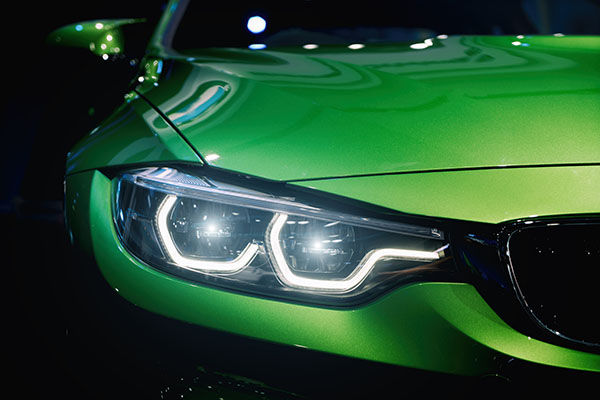
BMW is one of the most favorable brands in the car market, and it is well deserved. They offer German performance while staying very luxurious and comfortable. But which one should you choose? With all the models, trims, and special editions, it can get quite confusing. That's why we have put together a simple and short list of the three most reliable BMWs from the newer generations. 2019 BMW 1 Series F40 The 1 Series from BMW is popular for its hatchbacks and comfort. They are sporty yet have enough space because of the hatchback design. The F40, in particular, offers a very reliable 1.9L inline engine, making 140 HP. While it's not something grand, it's a perfect car for everyday or for new drivers, so make sure to check it out if it checks off some of the things you are looking for. 2020+ BMW 3 Series The 3 Series is a great line made by the German manufacturer BMW. There are a lot of trims and engine options, so there is something f ... read more
Posted on 3/29/2023
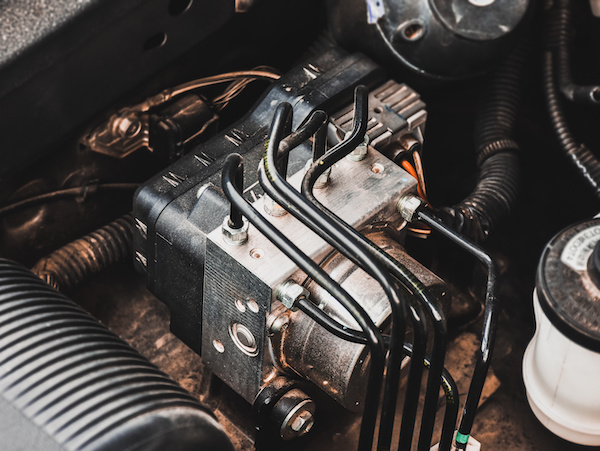
Anti-lock brakes (ABS) are a safety feature in modern vehicles that help prevent wheels from locking up during sudden or hard braking. This technology helps drivers maintain control of their vehicles during emergency braking situations, reducing the risk of accidents. In this blog, we'll take a closer look at what anti-lock brakes are and how they work. What Are Anti-Lock Brakes? Anti-lock brakes are a type of braking system that uses sensors and electronic controls to prevent the wheels from locking up during braking. When a driver applies the brakes suddenly or hard, the ABS system senses the speed of each wheel and adjusts the brake pressure to prevent the wheels from locking up. This allows the driver to maintain control of the vehicle and steer around obstacles or avoid accidents. How Do Anti-Lock Brakes Work? Anti-lock brakes work by using sensors to detect the speed of each wheel. If the ABS system detects that a wheel is about to lock up, it reduces the brake pressure ... read more
Posted on 2/28/2023
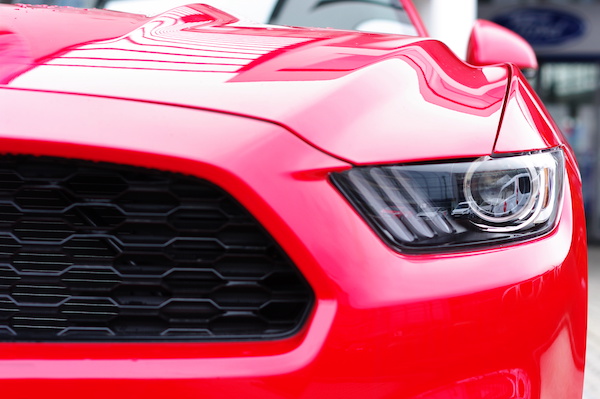
Car manufacturers have different ways of numbering and naming their products. Some use only numbers or letters, while others use a mix of the two - just like Mercedes Benz. For their model, or in other words, "class," they use letters, and for the engine's displacement, numbers. While this can get confusing, especially with the letter part, we will give you a short and simple explanation of the Mercedes Benz class range. A-Class In this model group, two options can be found: a sedan and a hatchback. Both come in different engine and trim options, from normal 2.0L ones to AMG special editions. They offer a comfortable driving experience with enough space for everyday activities. If you are looking for an upgrade, the CLA is similar but offers more extras and options; it's also a little bit more expensive. B-Class The B class is the perfect option between a car and an SUV. Storage space is plenty and quite spacious. Engine options start with an inline-4 1.5L and go ... read more
Posted on 1/30/2023
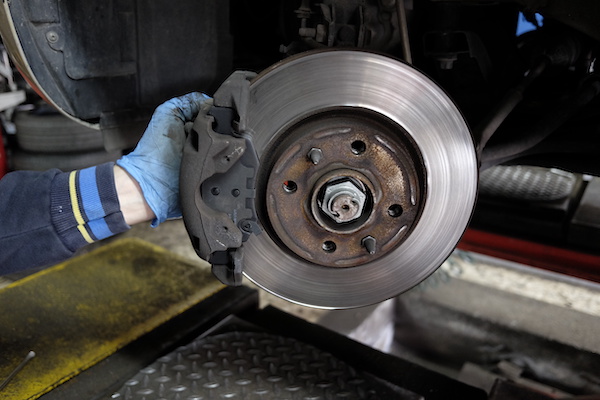
There’s no doubt that brakes are essential to your safety. But did you know that vehicle brakes are not universal. Some vehicles have disc brakes, drum brakes, or both. If you want to know the difference between the two types of brakes, read on. Drum Brakes Drum brakes are the most traditional kind of brakes, and you can still find them on many vehicles’ rear brakes today. Drum brakes have brake shoes instead of brake pads that press against the drum. When the shoes clamp on the drum brakes, your wheels slow down. Drum brakes tend to last longer and are generally cheaper than disc brakes. However, it is not as great at dissipating heat as disc brakes. Disc Brakes Disc brakes are the newer brake system design. You can find them on most vehicles on the road today. Disc brakes have brake rotors and brake pads, terms that you are probably familiar with. The friction between those two parts is what causes your wheels to slow down and stop spinning. Disc brakes provide incre ... read more
Posted on 12/30/2022
.jpeg)
There is no worse feeling in the world than realizing your car won't start when probably you're in a rush to reach an important meeting, a doctor's appointment, or to pick up your kids from school. Thankfully, batteries are relatively easy to maintain, and there are many warning signs you can look for that will help you determine if your battery is on the verge of dying. Watch out for these five signs that your car battery is about to die: Reduced engine power. One of the first signs that your car battery is dying is reduced engine performance. A healthy car battery will give your car the power it needs to crank smoothly and efficiently, but a dying battery tends to make this difficult. You might notice your car takes some time or fails to start. Dim Headlights. Your car battery is the main component that powers your vehicle's electrical components, including your headlights. With a dying battery, you might notice that your headlights are not as bright as before or ... read more